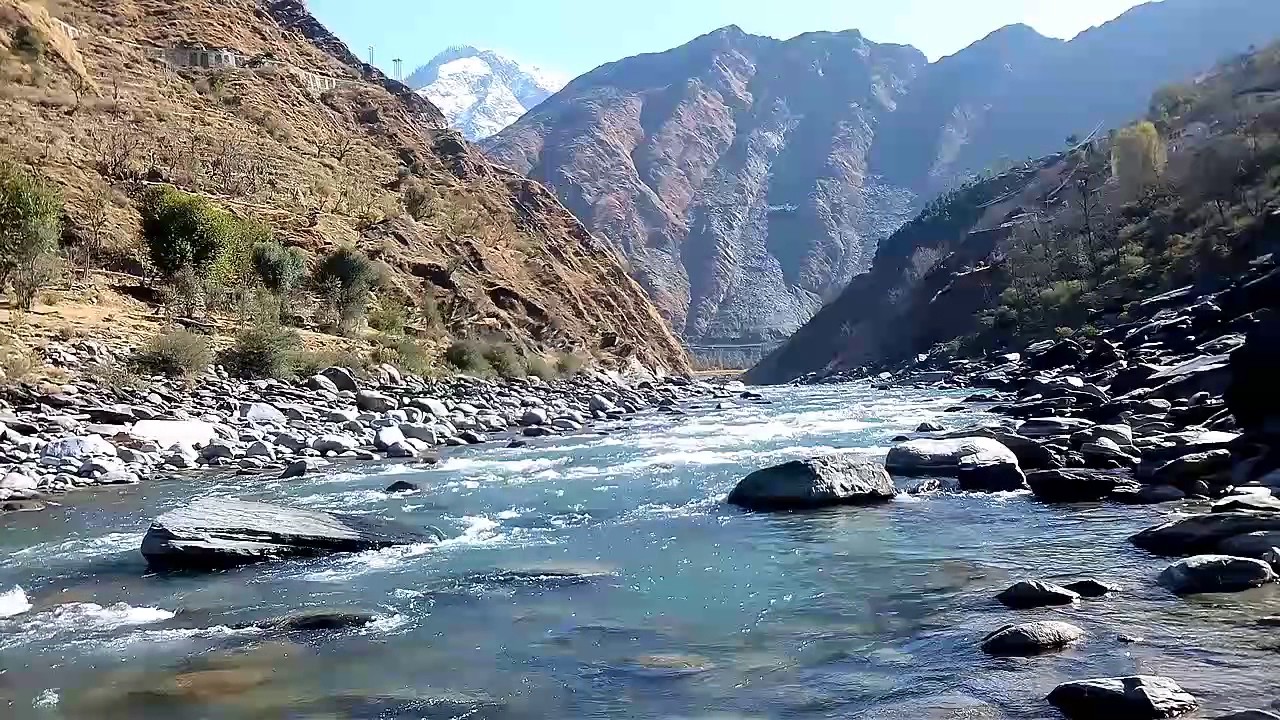
After Nitin Gadkari announced that New Delhi has decided to stop India’s share of water which used to flow to Pakistan. He said that India will divert water from Eastern rivers and supply it to its people in Jammu and Kashmir and Punjab, Islamabad has come forward accepting the threat as a natural interpretation of Indus Water Treaty
Under the leadership of Hon’ble PM Sri @narendramodi ji, Our Govt. has decided to stop our share of water which used to flow to Pakistan. We will divert water from Eastern rivers and supply it to our people in Jammu and Kashmir and Punjab.
— Nitin Gadkari (@nitin_gadkari) February 21, 2019
Talking to Pakistani daily Dawn on Thursday, secretary of Pakistan’s Ministry of Water Resources Khawaja Shumail said: “We have neither concern nor objection if India diverts water of eastern rivers and supplies it to its people or uses it for other purposes, as the IWT allows it do so.” Commenting on the long delayed Shahpurkandi dam, the minister quipped that “This project is abandoned since 1995. Now they (India) want to construct this in a bid to use its own share of water that goes unutilised and finally flows to Pakistan. So if they want to use this whether through storing it through construction of this dam or any other way for their people, they can do as we have nothing to do with it.”
The Shahpurkandi Dam project is located on the Ravi River in Pathankot district of Punjab. The project is to be constructed on the canal from Shahpurkandi Barrage to Madhopur headworks, downstream of the existing Ranjit Sagar Dam. The project will generate hydro electricity over 200 MW and provide irrigation to Punjab and Jammu and Kashmir.
While Pakistan Indus Water Treaty gives India complete right on water usage of eastern rivers – Ravi, Sutlej and Beas a knee jerk reaction towards complete river diversion can be an ecological catastrophe for downstream catchment areas. While India may bee reeling with massive loss of lives beacuse of asymmetric warfare it faces, the stalwarts from North Block should remember their responsibilities towards future generations in addition to the present electorate.
Nevertheless it underlines New Delhi inability to provide for a meaningful retaliation to attack on its soldiers, short of war.







